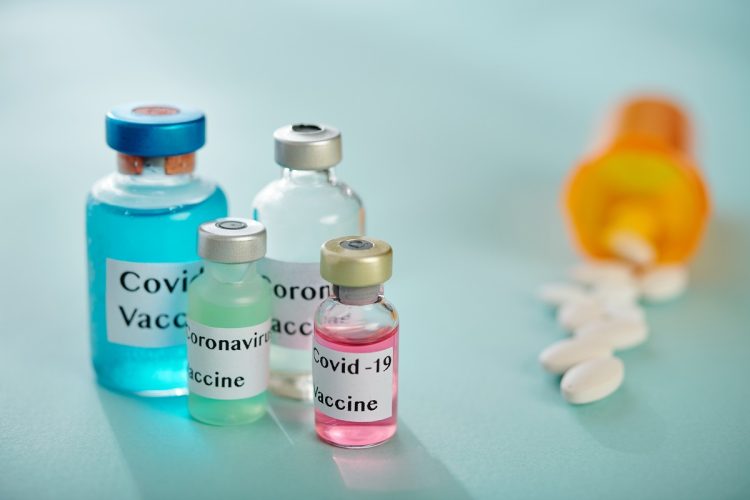Start Up Nation Central: 5 Catalysts Of Innovation That Led Israel To Efficient, Fast, Large-Scale COVID-19 Vaccination Campaign

Categories :
Leading Digital Health Expert: “Israel’s national healthcare system, combined with its data and technology capabilities, makes it a unique and optimal beta site for Pfizer and Moderna”
In less than one month, Israel has successfully vaccinated most of its 60+ population against COVID-19 as part of a national campaign, so far giving the first dose to 1.8 million people (about 20% of its entire population). This campaign was based on infrastructure that was built two decades ago and has since been regularly updated through cutting edge digitization. What led the World Health Organization to join American pharmaceutical giant Pfizer in singling out Israel as a test case for formulating a global vaccination strategy?
Lena Rogovin, the Senior Digital Health Analyst at Start-Up Nation Central: "Israel’s national healthcare system, combined with its data and technology capabilities, makes it a unique and optimal beta site for Pfizer and Moderna to get rapid validation of vaccines, and for the World Health Organization to formulate a global immunization strategy”
Israel has a national healthcare system that is administered through four Health Maintenance Organizations (HMOs), which were established decades ago (some, almost 100 years ago), and serve the entire population. As part of the competition among these organizations, they regularly update and improve the range of services they offer, including the implementation of advanced technologies.
SNC's digital healthcare and life science lead analyst has identified five drivers of innovation that placed Israeli healthcare system on a pedestal as a global model for managing the coronavirus vaccine campaign:
1. Scalability and digitization: Israel can rely on four HMOs that cover the entire population to effectively launch complex, large-scale processes within a short timeframe. The HMOs operate queue management and direct information delivery systems to all their members, which enables them to efficiently scale processes.
Over more than 25 years, Israel's HMOs has developed uniform (single ID) Electronic Medical Records (EMRs) that enable real-time segmentation according to gender, age, place of residence and medical background, which help to effectively prioritize vaccination, treatment, and follow-up.
2. Smart control center: Over a decade ago, the Israeli Ministry of Health made a significant investment in the development of a complementary software platform that allows sharing patients’ EMRs across HMOs in real time, allowing much better coordination and treatment; this platform can be used in emergency situations, like the COVID-19 vaccination operation.
3. Big Data: Medical records of millions of citizens open vast possibilities for in-depth analyses and research. Many academics, as well as companies, big and small, already signed agreements with the HMOs (which own the data), using a variety of tools, including artificial intelligence and natural language processing NLP technologies. The data from the vaccination drive, combined with the medical records, can generate insights into the safety and efficacy of these vaccines and the optimal way of administering them. These insights are invaluable to the global medical community.
4. Direct communication: Digital communication networks that combine mobile apps, websites, emails, and text messages enable automated direct communication by the HMOs to various populations.
5. Privacy and data security: The use of Electronic Medical Records (EMRs) for many years has led to the development and implementation of advanced data security systems, based on Israel’s recognized excellence in cybersecurity. Additionally, HMOs employ advanced systems that enable anonymization, creation of synthetic databases, or access to aggregated data only (data analysis based on non-identifiable statistics).
Rogovin concludes: "Israel has unique combination of the healthcare system, data and technology, that makes it an optimal beta site for Pfizer, Moderna, to get a rapid large-scale validation of vaccines, and for the World Health Organization to formulate a global immunization strategy. Israel's EMRs together with a first-rate community healthcare system, data analyses and communication technology, make it possible to manage the process from end to end, collect data, identify trends, and present a continuously up-to-date picture. While we are grateful for this opportunity, the data and the insights generated in Israel in a very short time will serve the whole world, subject to the international standards of data sharing and privacy protection.”
Citiesabc was created by a team of global industry leaders, academics and experts to create new solutions, resources, rankings and connections for the world’s top cities and populations.








